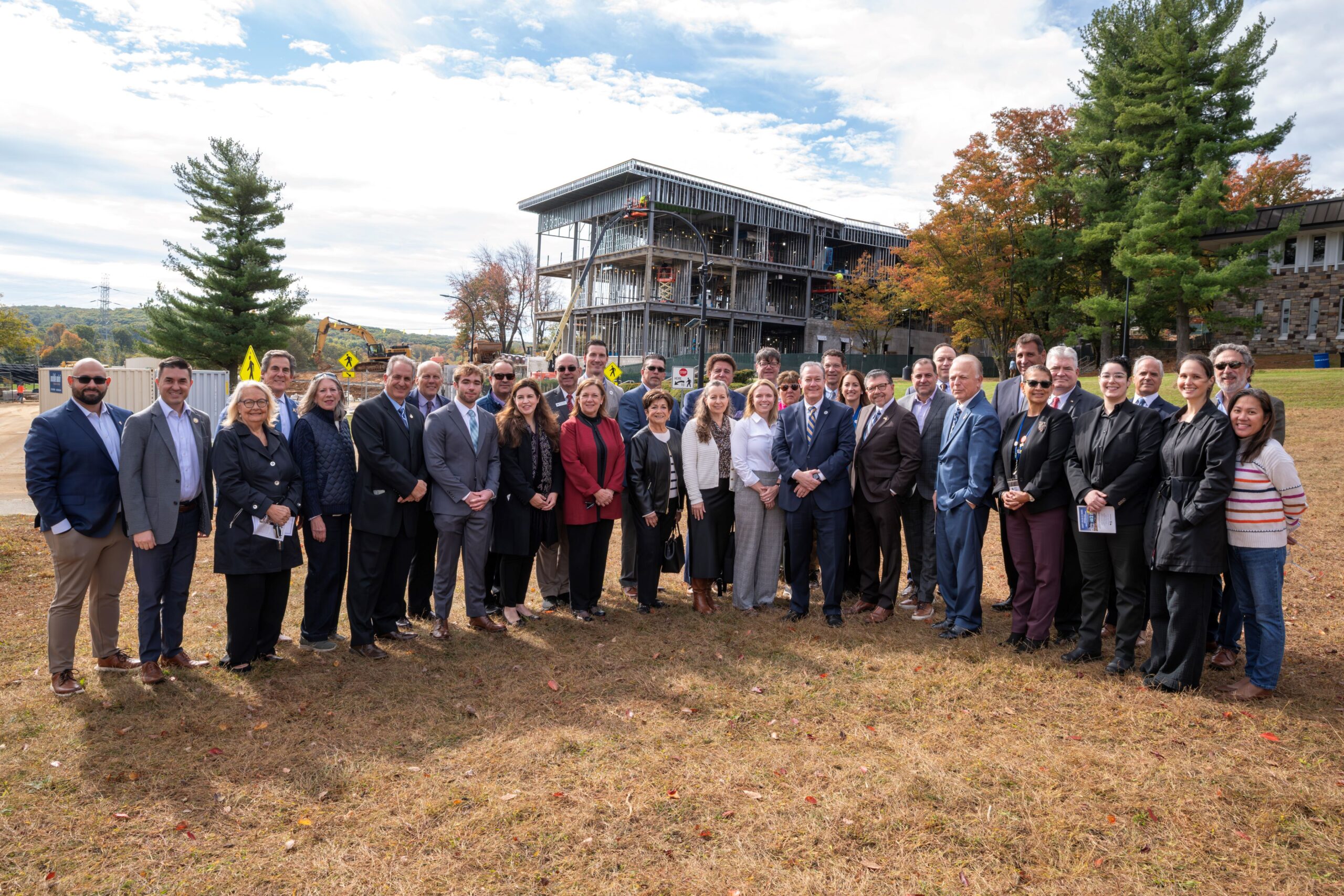What You Will Learn
The Criminal Justice Program at CCM provides you with a firm understanding of the nature of crime and deviance, its impact upon society, and society’s reaction to criminal and deviant behavior. With elective courses in specific areas of interest, you receive professional preparation for careers in law enforcement, correctional services, juvenile justice or private security.
Curriculum
Our Associate of Science (A.S.) in Criminal Justice program features a 29-credit core with courses such as Introduction to Criminology, Criminal Justice System, Careers in Public Safety, and Police and the Community, along with 30+ credits in general education coursework.
- The program is designed for students seeking career-oriented skills and knowledge to immediately begin working in the field upon graduation or earn a degree while employed.
- Internships offer meaningful work experience and networking opportunities!
- Be eligible to complete this program 100% remotely through CCM’s Virtual Campus.
- Earning the A.S. enables seamless transfer to a four-year college or university if you choose to further your education upon your CCM graduation.
Why Study Criminal Justice at CCM?
Our professors, both adjunct and full time, have extensive experience in the field; many of our adjuncts are current practitioners. The full time faculty are retired criminal justice professionals with many years of experience in a variety of different areas. It is the goal of the department to provide students with the academic preparation necessary to enter the field; we rely heavily on our experience to demonstrate the applicability of the material to the real world of law enforcement and the criminal justice system.
See the department for credit, non-credit internship experiences and job search support. These are also facilitated through our Office of Career Services and can learn how to build a resume and receive the tools to help you with interviewing skills to succeed!
Careers in the Field
Earning an associate degree in criminal justice can lead to a variety of careers.
- 911 Dispatcher
- Case Manager
- Corrections Officer
- Director of Operations
- Park Police
- Parole Officer
- Police Officer
- Private Security
- Probation Officer
- Security Officer
- Sheriff’s Officer
- State and Federal Law Enforcement
In New Jersey, an associate degree in criminal justice can lead to salaries starting from $50,815, according to Indeed.
Where You Can Go
Graduates with an A.S. in Criminal Justice from CCM benefit from New Jersey’s Statewide Transfer Agreement. This means that the general education requirements will be waived at New Jersey public colleges and universities, allowing students to transfer in with junior standing. In addition, many out-of-state institutions also accept CCM credits.
Criminal Justice students frequently transfer to the following colleges and universities.
In-State
- Rutgers University – Newark
- Montclair State University
- William Paterson University
- Kean University
- Stockton University
- Saint Elizabeth University
Out of State:
- Appalachian State University, NC
- Arizona State University, AZ
- East Stroudsburg University, PA
- John Jay College of Criminal Justice, NY
- Liberty University, VA
- West Virginia University, WV
- Wilkes University, PA
Paying for Your Criminal Justice Education
Earning an associate’s degree in Criminal Justice is a powerful investment that will pay off over the course of your life, in both increased earnings and job satisfaction. But what is the upfront cost, and how do you afford it?
- Scholarships! Students in the program may apply for the Morris County Police Chief’s Scholarship, Morris County Sheriff’s Crimestoppers Scholarship, the Criminal Justice Community Service Scholarship, the George Turnbull Scholarship or the Kenneth Tomb Criminal Justice Scholarship.
- Money is available to help you pay for school! Our Financial Aid staff can provide lots of information about the process of finding funds to help pay for your education.
Featured Courses
Introduction to Criminology
The study of crime, crime statistics, theories of crime causation, crime typologies, the impact of crime, limits of criminal law, and society’s reactions to criminal behavior.
Fundamentals of Law
An introduction to the court system and the principles of substantive law in the field of contracts, torts, property, and family law.
Introduction to Homeland Security
Learn about the development of the Department of Homeland Security (DHS) including its organization and function, as well as an introduction to disaster preparedness, response and recovery. This course also gives a brief overview of international and domestic terrorism, and examines the future of homeland security.
Resources






